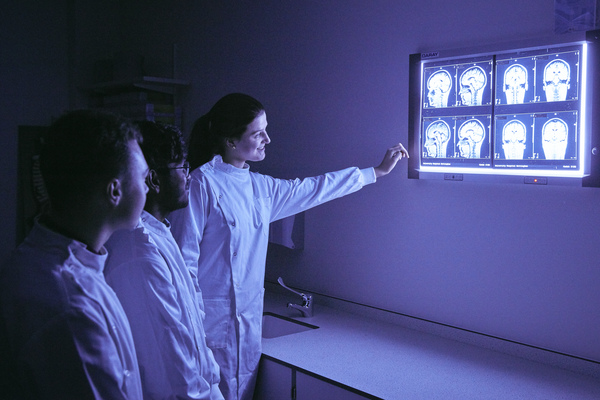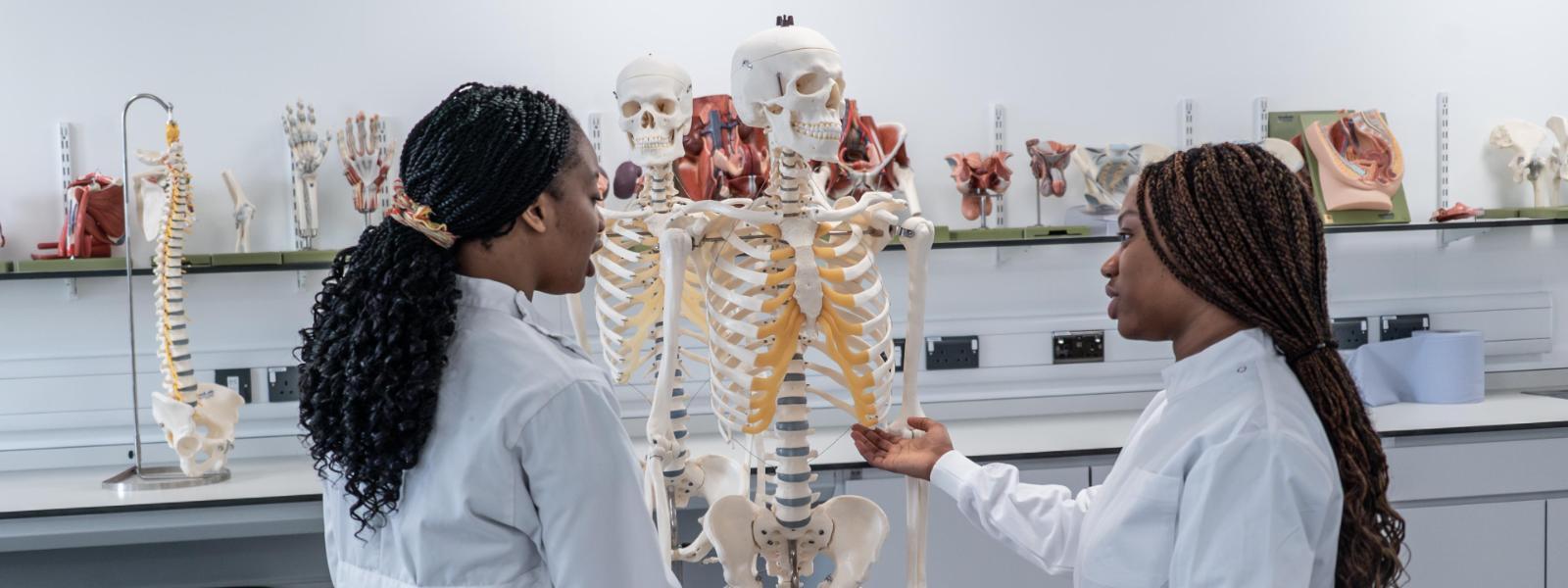Entry Requirements
Please note, this course is not open for international applications at this time.
A Level Offer: AAA, which must include Biology (or Human Biology) or AAB for a contextual offer. A pass is normally required in science practical tests, where these are assessed separately. We do not accept general studies, critical thinking, global perspectives, or citizenship studies.
We do not use predicted A Level grades and do not score A Levels, AS Levels, or equivalent as part of our selection process. However, any offers made will be conditional on meeting the A Level grades or equivalent required. Transfers onto this programme are not permitted.
A Level resits are permitted. Resits must achieve AAA, or if contextual, AAB where one of the A grades must be in Biology. Resits are usually expected to have been completed within two years of the initial sit.
GCSEs: At least six GCSEs at Grade 7 or above (or equivalent where A*-C grades are awarded) to include Biology, Chemistry, or Double Science. A minimum of Grade 6 is required in both English Language and Mathematics. GCSE resits are permitted but must be awarded by the time of application.
UCAT: All applicants must sit the UCAT in the same year as the application is made for the course. Applicants who achieve a UCAT SJT grade of Band 4 will not be considered for this course. We do not publish our UCAT cut off scores to applicants. For more information about the UCAT, please visit: https://www.ucat.ac.uk/.




